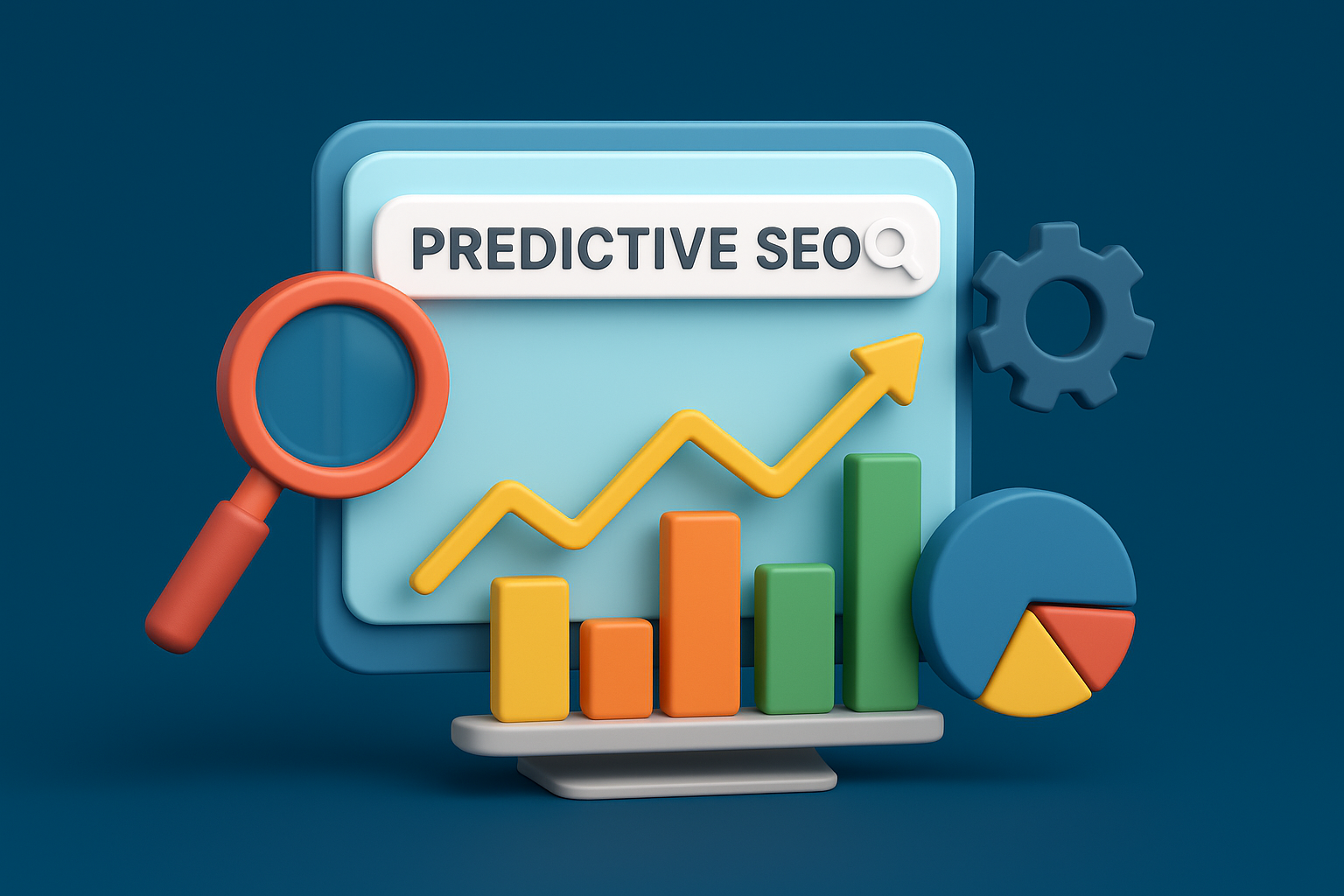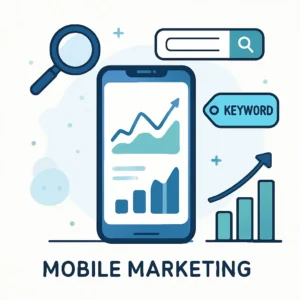

Content Marketing
Content marketing has become one of the most effective ways for businesses to connect with their audience, build brand loyalty, and generate leads. In today’s competitive digital landscape, creating meaningful and engaging content is crucial for standing out from the crowd. Whether it’s blogs, social media posts, podcasts, videos, or infographics, content marketing revolves around the idea of providing value to your target audience. Let’s dive into what content marketing is, why it matters, and how to implement a successful strategy.
Table of Contents
ToggleWhat is Content Marketing
Content marketing is a strategic approach focused on creating and distributing valuable, relevant, and consistent content to attract and engage a target audience. The goal is to drive profitable customer action, whether it’s brand awareness, customer retention, or lead generation.
Unlike traditional advertising, content marketing doesn’t directly promote a brand but seeks to create value by providing useful information to solve a problem or address a need. For example, a fitness brand might produce blog posts about healthy eating tips or workout routines, providing potential customers with actionable insights that build trust in the brand.
Why Content Marketing Matters
The digital age has changed how consumers interact with brands. They now actively seek out information, engage with brands, and expect more personalized experiences. Content marketing taps into these behaviors by building a meaningful relationship with the audience. Here’s why it matters:
1. Improves SEO and Search Visibility: Search engines love fresh, relevant, and valuable content. A well-crafted content marketing strategy helps increase website traffic through organic search. By consistently publishing quality content that addresses common customer queries, your website becomes more likely to rank higher in search results.
2. Builds Trust and Credibility: When you provide useful content that solves problems or answers questions, you establish yourself as an authority in your industry. Over time, this builds trust and credibility with your audience.
3. Supports Other Digital Marketing Strategies: Content marketing works hand-in-hand with SEO, social media, and email marketing. For instance, you can repurpose a blog post into an email newsletter, social media updates, or even a podcast episode. This multi-channel approach ensures your message reaches a wider audience.
4. Generates Leads and Conversions: High-quality content can nurture leads through the buyer’s journey. By offering valuable content such as eBooks, whitepapers, or webinars in exchange for an email address, businesses can capture leads and convert them into paying customers.
5. Cost-Effective: While content marketing requires time and effort, it is generally more cost-effective than traditional forms of marketing. Content pieces have long-term value—once published, they can continue generating traffic and leads for months or even years.
Types of Content in Content Marketing
There are many forms of content that businesses can create, each suited for different objectives and target audiences. Here are some of the most popular types of content:
1.Blog Posts: Blog posts are one of the most common content formats. They allow businesses to share industry insights, how-to guides, and thought leadership pieces. Blogging is also effective for SEO, as it allows you to target specific keywords and rank for various search queries.
2.Videos: With the rise of platforms like YouTube, Instagram, and TikTok, video content has become extremely popular. It’s engaging and allows businesses to demonstrate their products, showcase testimonials, or offer tutorials.
3.Infographics: Infographics are a great way to present complex data or processes in an easy-to-understand visual format. These graphics can be shared widely on social media and embedded in blog posts.
4. Case Studies: Case studies offer real-world examples of how your product or service helped a customer solve a specific problem. They are powerful tools for building trust and showcasing your success stories.
5. Social Media Posts: Social media is a critical part of any content marketing strategy. From short Twitter updates to Instagram Stories, social media posts help businesses connect with their audience in real-time.
The Future of Content Marketing
As technology and consumer behavior continue to evolve, so does content marketing. Here are some trends shaping the future of the industry:
AI and Automation: Artificial intelligence tools are helping businesses create content faster and more efficiently. From automating email campaigns to generating blog posts, AI is making content creation more scalable.
Voice Search: With the rise of smart speakers and voice-activated devices, optimizing content for voice search is becoming increasingly important. This means focusing on conversational keywords and answering common user questions.
Interactive Content: Interactive content like quizzes, polls, and interactive infographics are gaining popularity. They engage users more deeply than static content and encourage them to spend more time on your website.
Personalization: Consumers now expect more personalized experiences. Using data, businesses can deliver tailored content based on user preferences, location, and past interactions.






















Post Comment